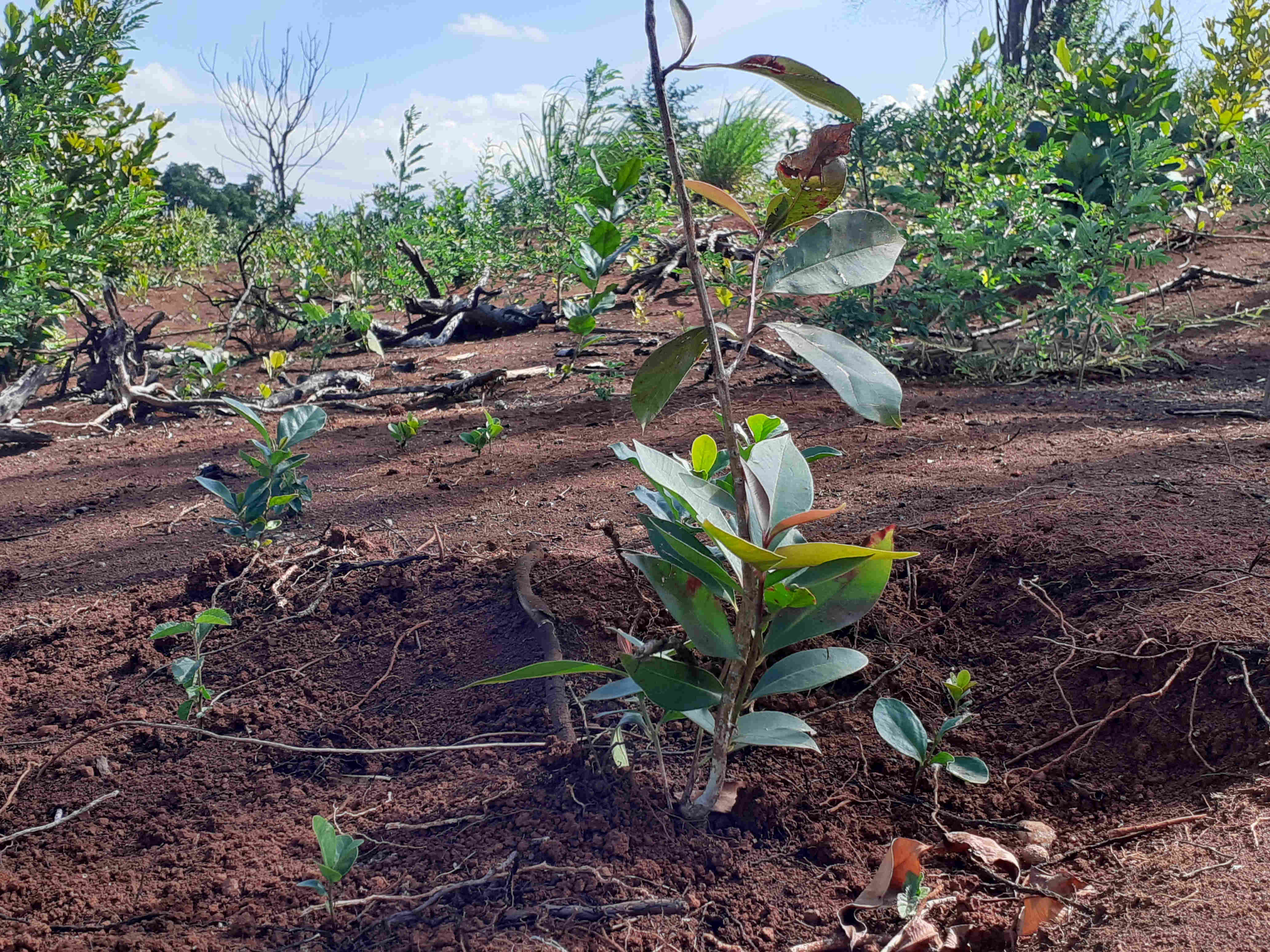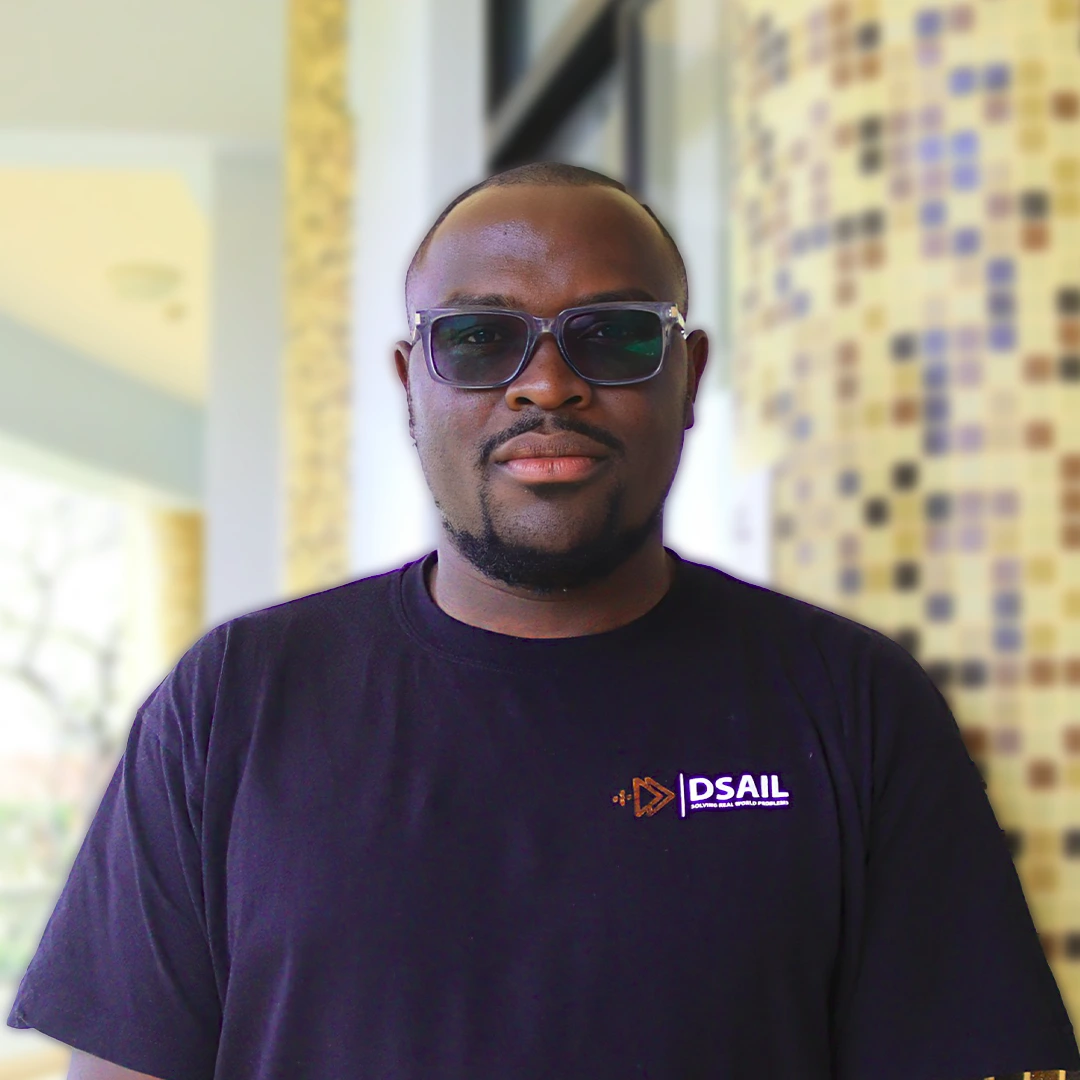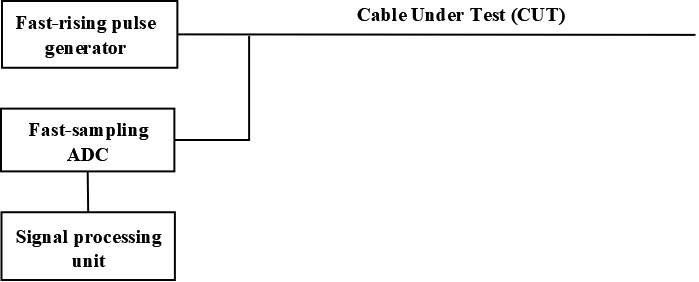Background
All through my primary school education, we would write essays on the importance of
trees in the environment. We would
also write Inshas (Swahili essays) on “Faida za Miti''. Some of the benefits we
would expound on were: trees act as air
cleansers by taking up the CO 2, trees are a crucial part of the
hydrological cycle and also trees are important in
holding the soil together thereby limiting erosion. At the lower primary school
level we did not have a detailed
understanding of the hydrological cycle, so we would just literally state that
“trees attract rainfall” which was close
enough at that level.
Also, back then, we did not have a deep and detailed understanding of the
environment and the changes that were taking
place in various ecosystems. All I was focused on was a good score on the essay or
Insha. Nowadays, every concerned
individual can understand the environment, identify the changes and suggest
solutions that can help in the mitigation of
the effects of the changes. Conservation experts, climate scientists and
organizations tasked with conservation are in
consensus that it is high-time we start taking conservation seriously. Climate
change and destruction of catchment zones
are real phenomena and the Global South including Kenya are experiencing some of the
worst effects. In a bid to become
carbon-neutral, various companies have been attracted into carbon offsets and
credits trading, which they are using to
justify the CO2 release.
A few months ago, the DSAIL team was invited to participate in a tree planting
exercise by the university’s farm
management. The tree planting happened on a piece of land near the DeKUT farm as
shown on Figure 1.

Figure 1: Map showing the tree planting area
The land had undergone some preparation using methods such as slash and burn and the distance between two saplings had already been set. On planting day a substantial number of indigenous tree seedlings such as Meru Oak, were planted with an aim of starting a new and more attractive ecosystem on the piece of land.

Figure 2: Land ready for planting
At DSAIL, we are heavily invested in environmental conservation. We have developed
various
hardware pieces such as
bioacoustics sensors and camera traps which we have in turn used to collect a lot of
data
from various ecosystems. Some
of our datasets are already published and we are also utilizing them in our lab to
study the
said ecosystems.
A DSAIL project related to reforestation and establishment of new ecosystems is the
use of
stereoscopic captures of
trees to extracts tree parameters such as Diameter at Breast Height (DHB), Crown
Diameter
(CD) and Breast Height (BH)
with an aim of estimating the biomass on a piece of land. Another aim is to track
the growth
of trees. The project is
being handled by Cedric, a researcher at DSAIL, who has conducted extensive research
in this
area of study. By acquiring
the biomass estimates on land, the carbon capture capabilities can also be estimated
backed
by worthy research
Recently, I paid a visit to the tree planting site. It was impressive to see a good
percentage of the saplings planted
were doing well and had taken shape despite the unfavorable weather conditions in
Nyeri
after planting. Also, new
sprouts had started growing on the burnt old-tree stumps and the whole area was
green.

Figure 3: A well-established seedling(1)

Figure 4: A well-established seedling (2)

Figure 5: Sprouts (new shoots) on old tree stumps
As soon as the new ecosystem is fully established various datasets such as bird acoustic data can be collected and utilized to investigate whether there are new species that have inhabited the area.



